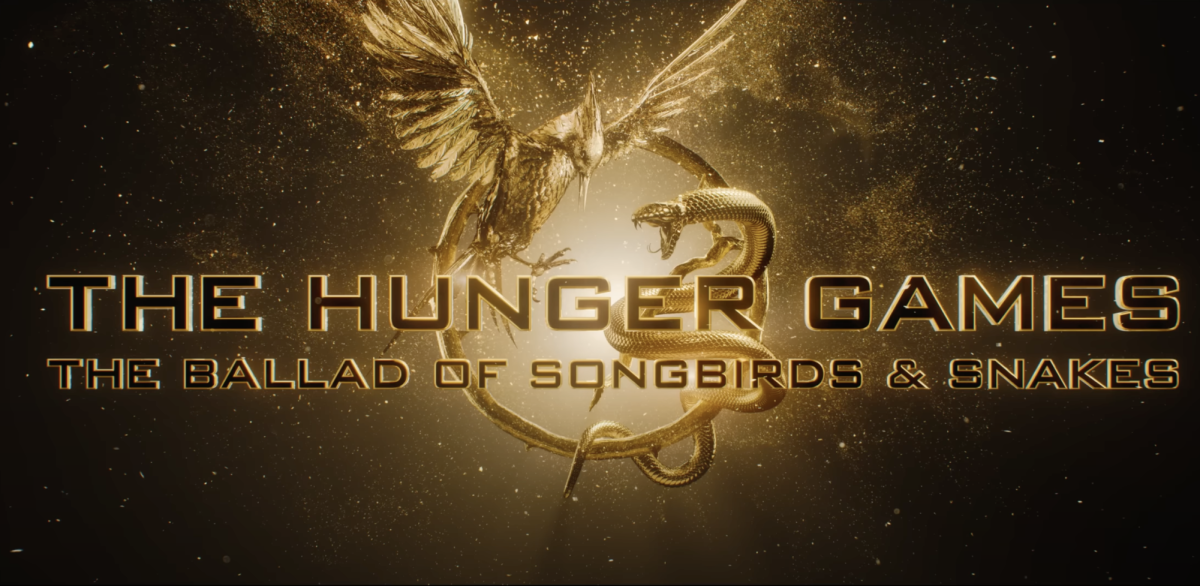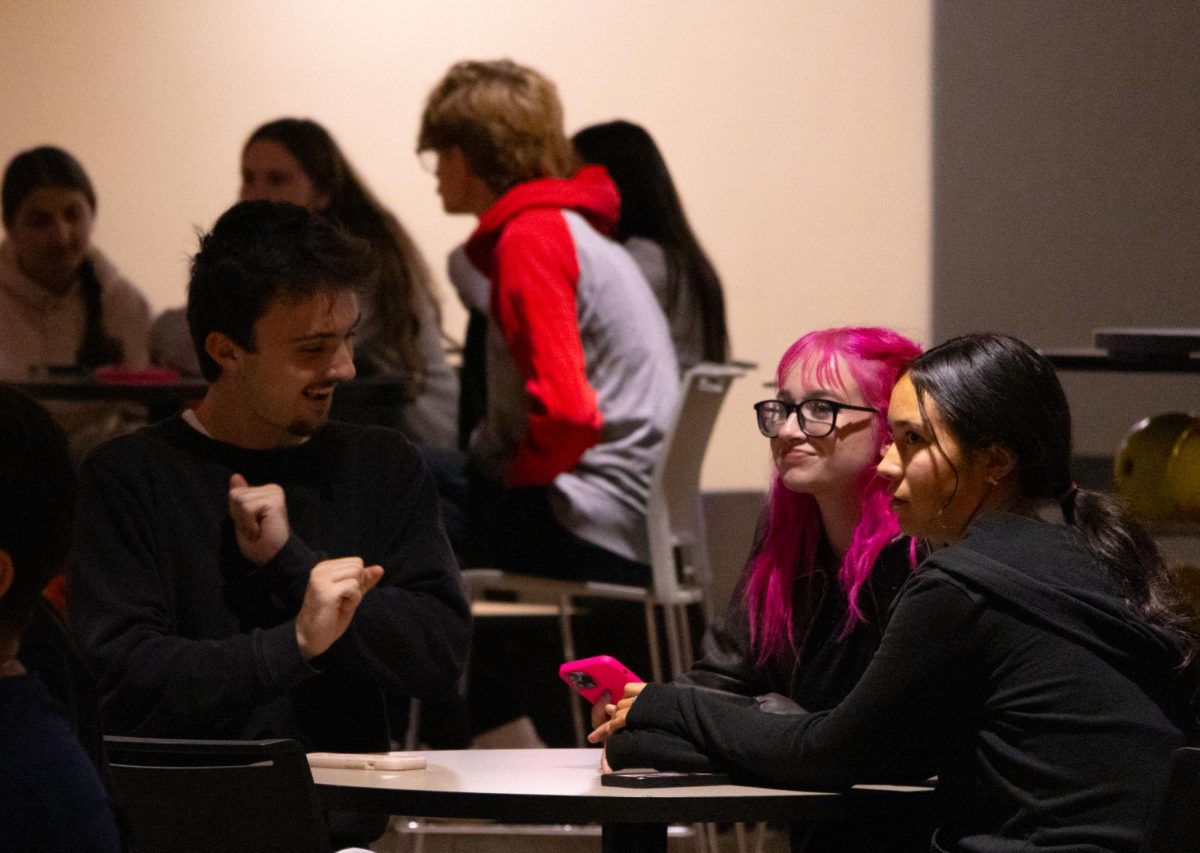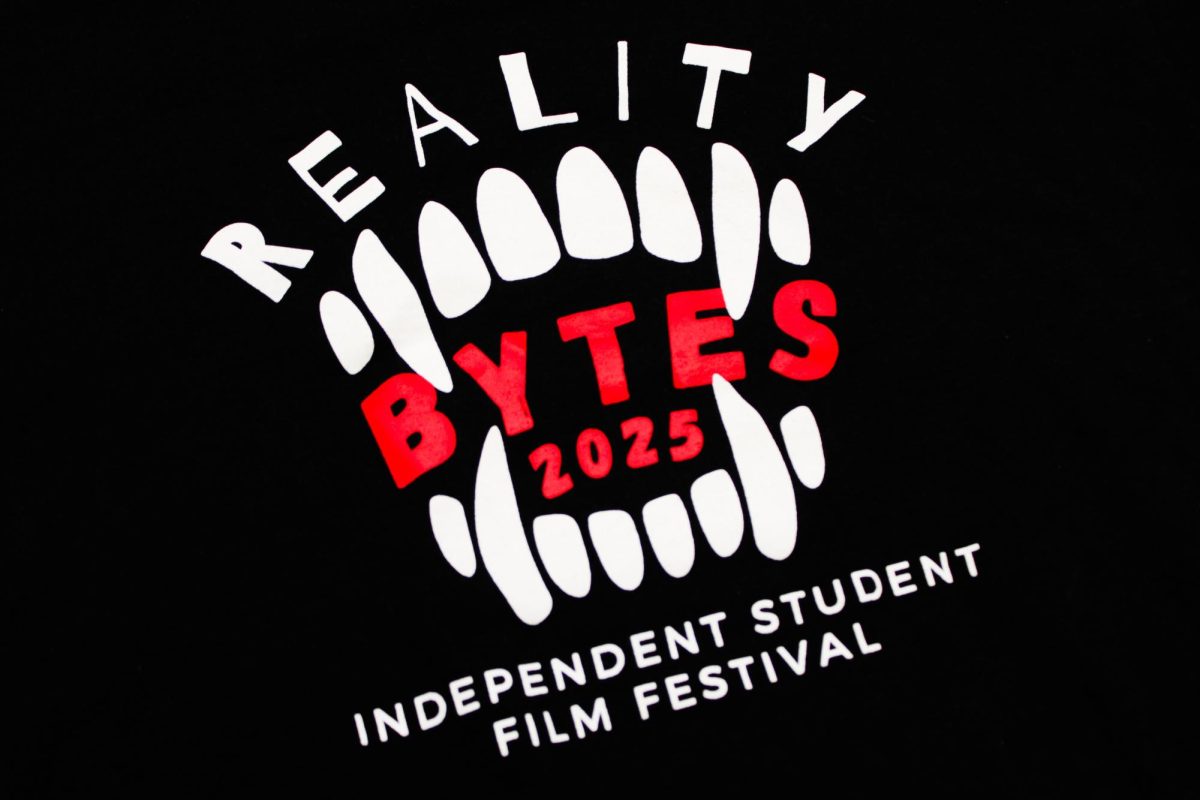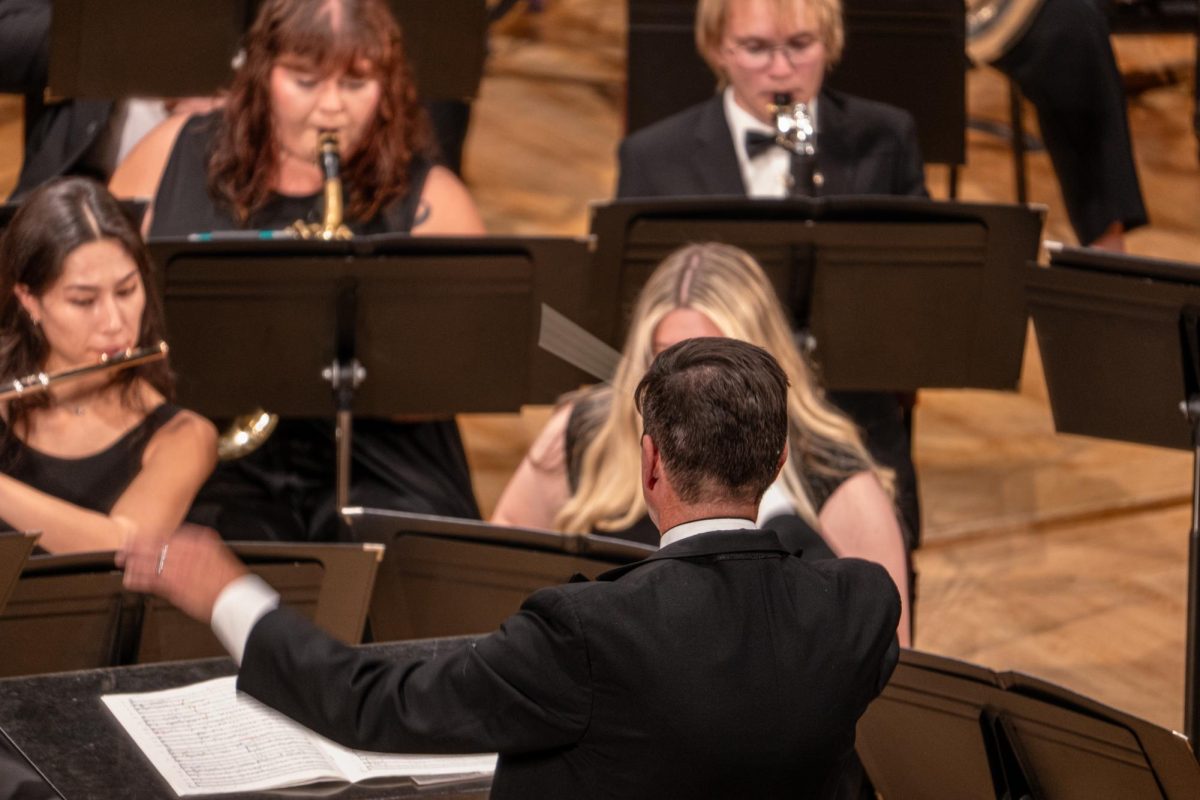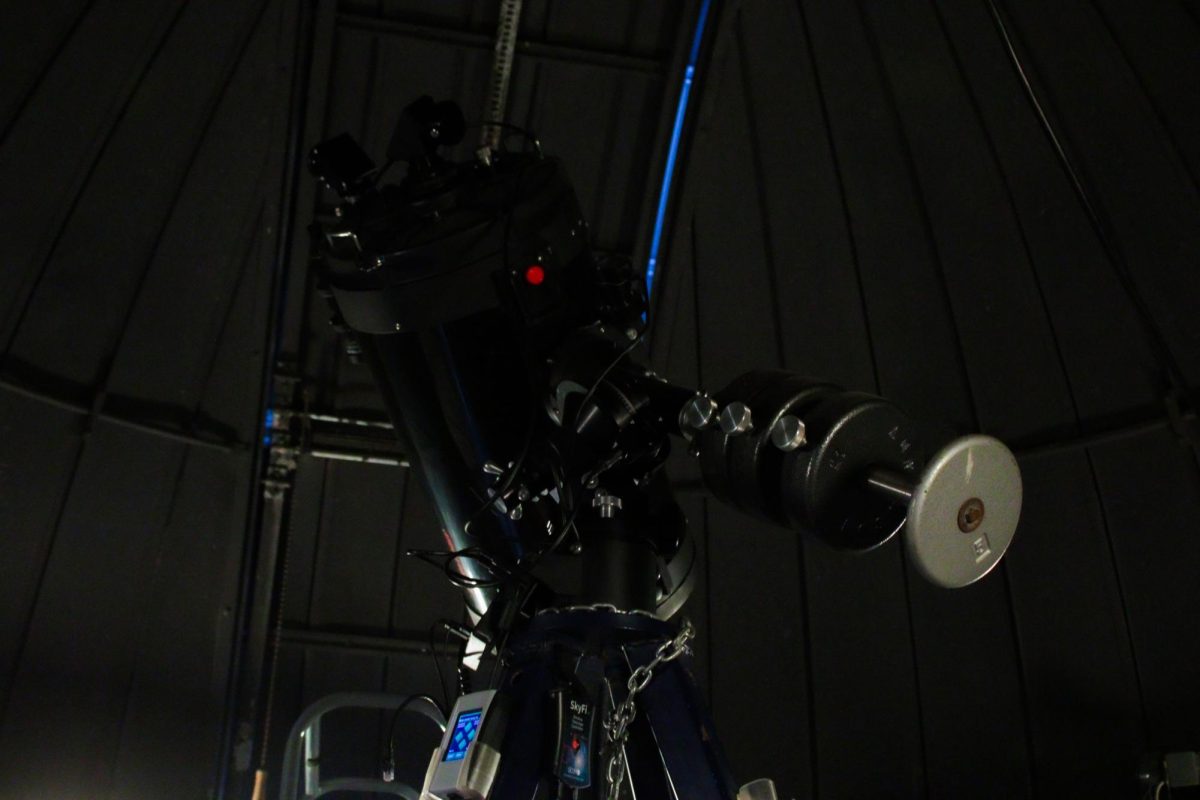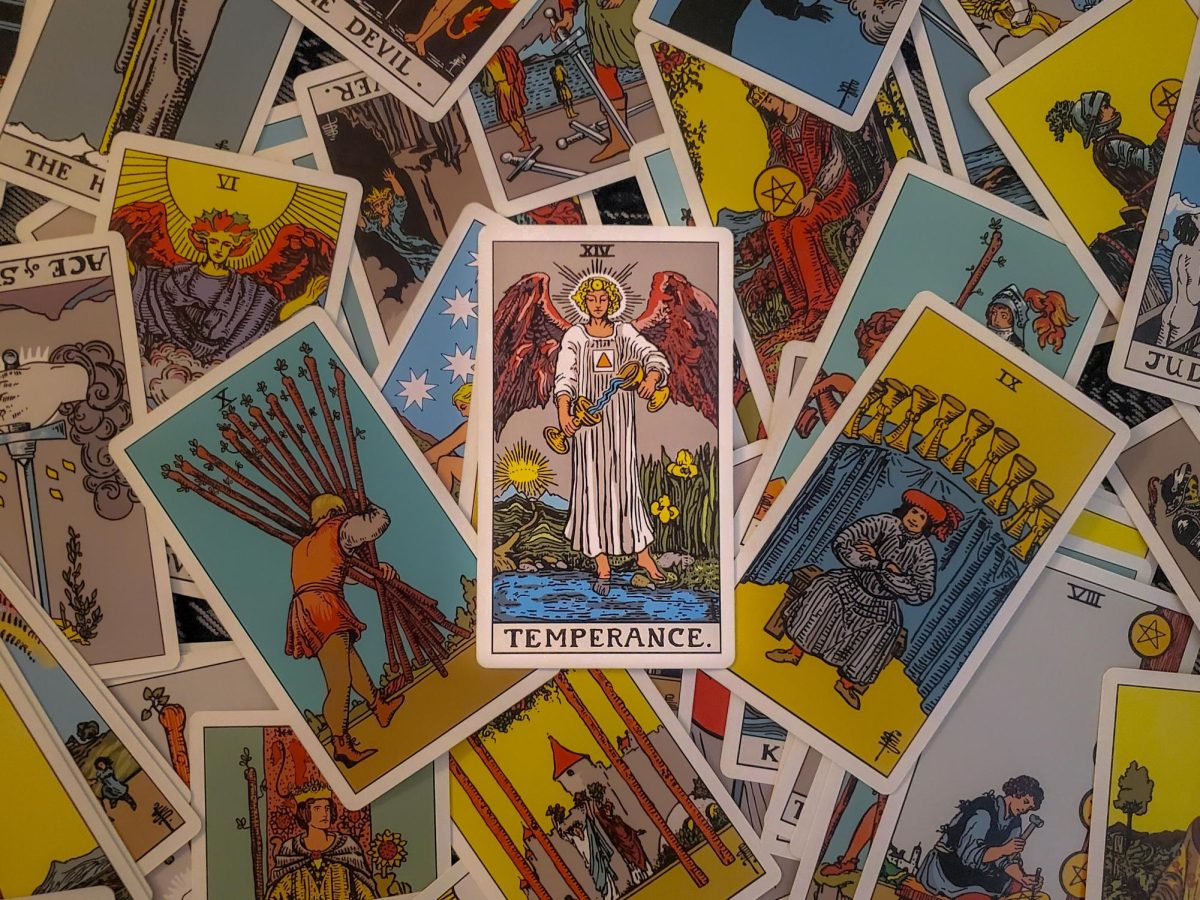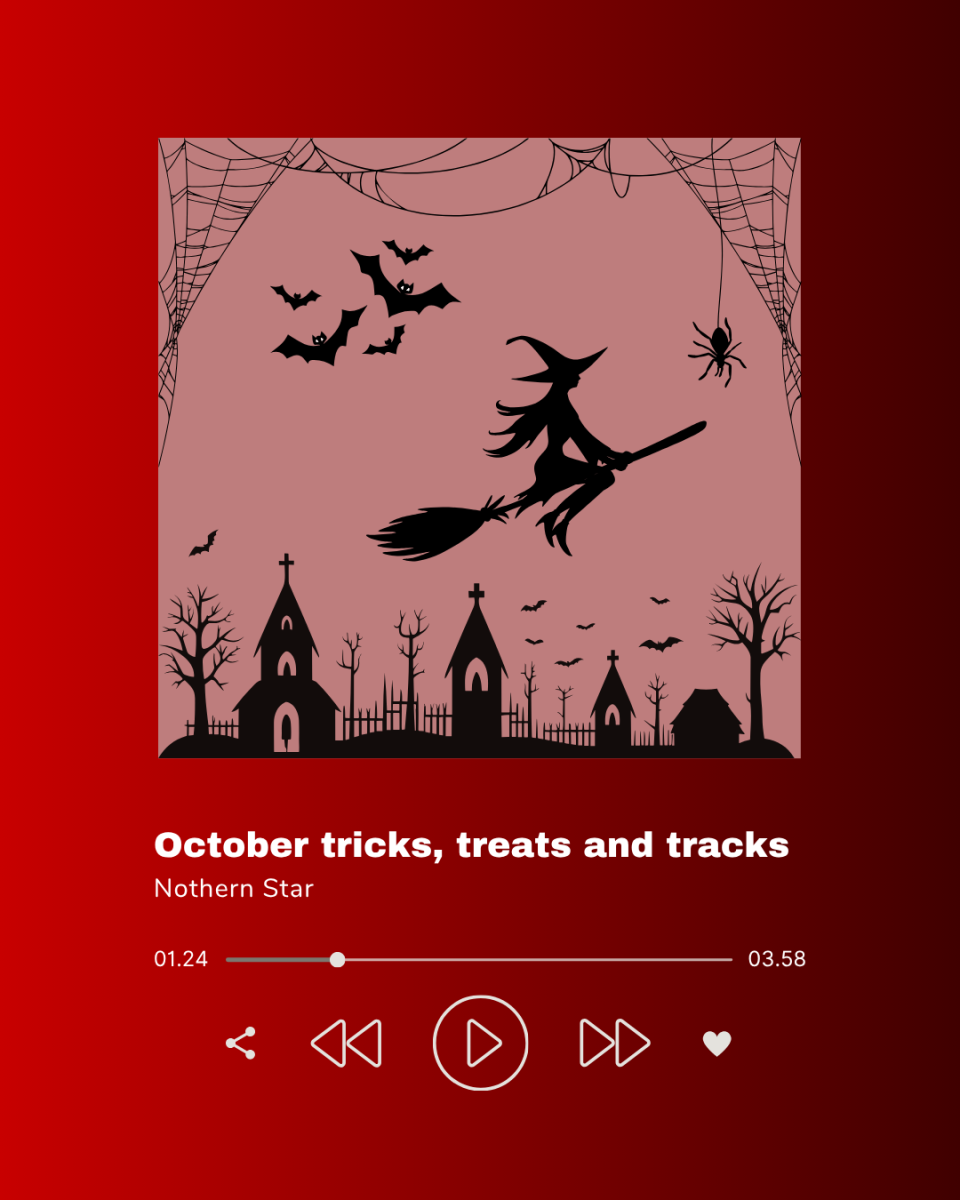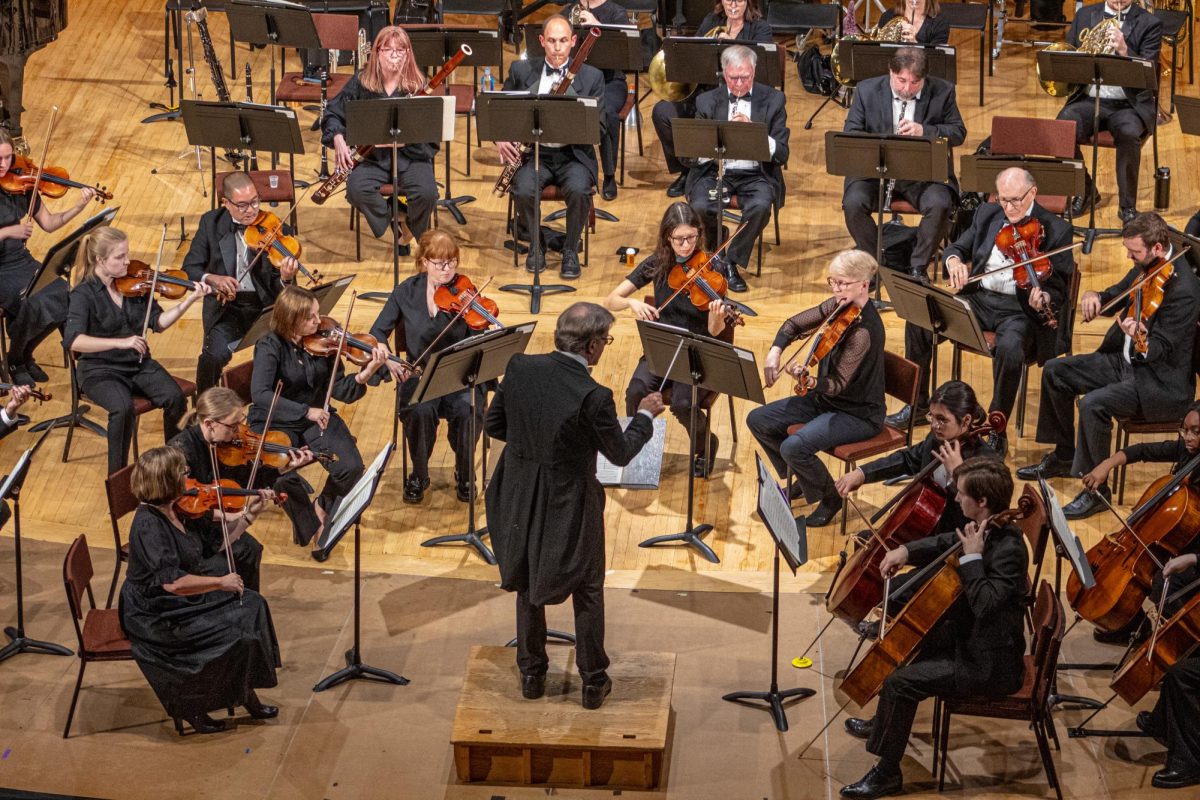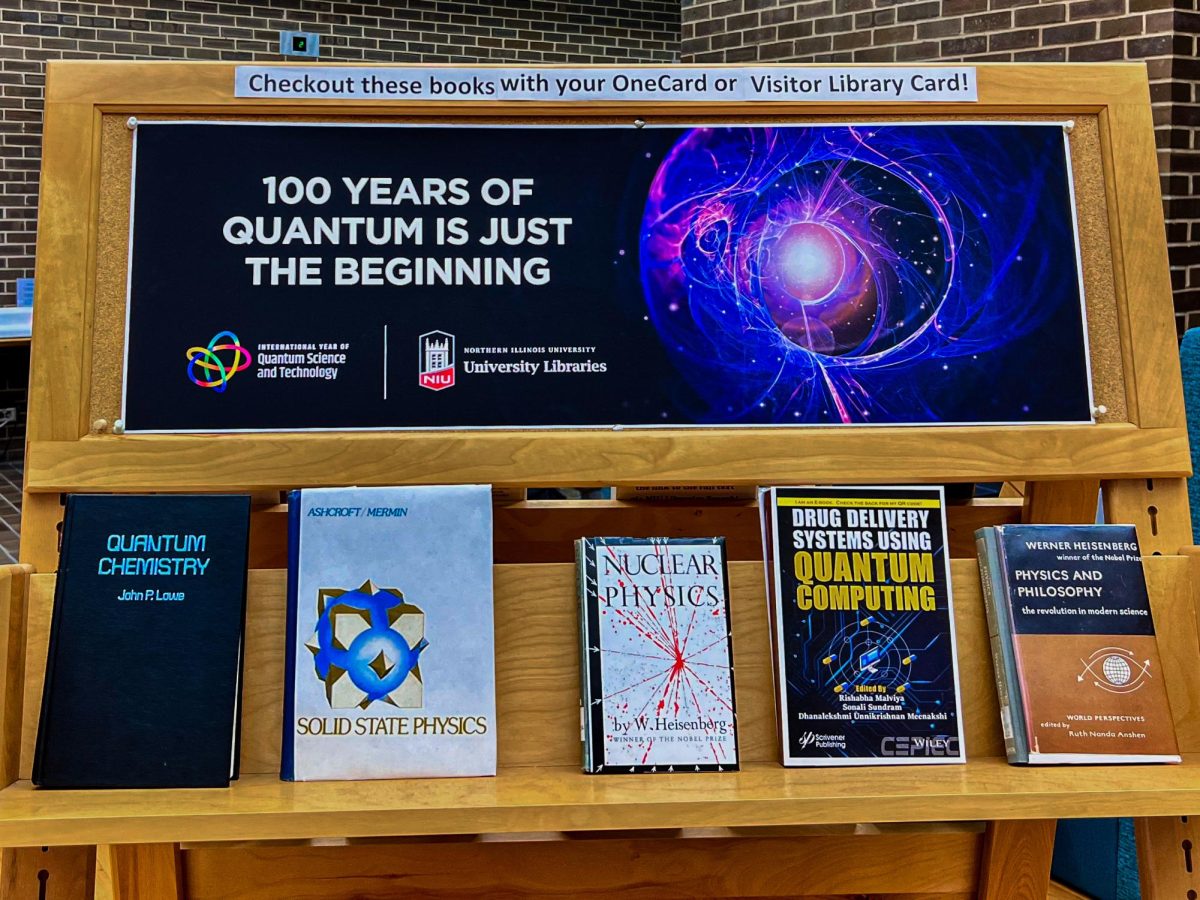Editor’s note: This review contains major spoilers for “The Hunger Games: The Ballad of Songbirds & Snakes.”
Set 64 years before the original Hunger Games films, “The Ballad of Songbirds & Snakes” follows 18-year-old Coriolanus Snow (Tom Blyth) before he became the infamous President Snow.
“The Hunger Games: The Ballad of Songbirds & Snakes” perfectly executes a villain origin story while exploring human morality.
The film is based on the book by Suzanne Collins, so fans of the franchise went into the theater with high expectations and the hope that the writers did the book justice. The theater was packed with excited fans; and as someone who has read the book, I can confidently say I left the movie feeling incredibly satisfied.
Viewers are taken back in time to the 10th annual Hunger Games – the first year that mentors become a recurring thing – and the movie builds off this main event.
Snow lives with his grandma’am (Fionnula Flanagan) and cousin Tigris (Hunter Schafer) in a not-so-luxurious apartment in the capital. While attending the Academy and trying to graduate, Snow and his classmates are informed that they will be assigned one tribute from one of the districts and will mentor them to help them win the Games.
Lucy Gray Baird (Rachel Zegler) is the female tribute from District 12 and is the tribute Snow gets assigned to. From Baird’s first scene, which is District 12’s reaping ceremony, Snow and movie viewers witness her rebellious nature right off the bat, giving both hope that she can win. Spoiler alert: She does win, but the Games aren’t the central focus of the film.
Yes, the Games are important, and they are the catalyst for Snow’s downfall, but they are not as fleshed out.
I liked how the movie’s structure remains the same as the book, as it’s split into three parts.
The first part, titled “The Mentor,” is all about Snow helping Baird win. The second part, titled “The Prize,” follows through with the end of the games and Baird’s victory, and the third part, “The Peacekeeper,” is about Snow’s time after the Games.
Through the beginning of the first part, Snow is depicted as a decent guy. He’s from the capital, but his morals and opinions on the atrocity of the Games and children killing other children aren’t known yet.
The novel is told entirely through Snow’s point of view, and the film is the same way. Because of this, the film makes viewers feel unsure about Baird’s character. Her motives and her ultimate goal, besides surviving, are unknown.
As the film progresses, Baird and Snow start to form a relationship. The relationship is depicted as romantic, but it becomes obsession, not love. Baird might have actually fallen in love with Snow, but they both used each other as a means of survival.
The Games in “The Ballad of Songbirds and Snakes” are somehow much darker than they were in the original Hunger Games films. The film doesn’t hesitate showing the suicides, impalement and aggressive killings. The tributes are also depicted as uncivilized and animalistic. Once the tributes get to the capital, they are placed in a large cage, and capital people are able to view them like they’re at a zoo.
Because the theater was filled with so many people, gasps of disgust could be heard pretty loudly when each tribute, each victim, got killed.
Once Baird and the tributes enter the arena, they walk through a metal walkway that says “enjoy the show” every time a person passes through it. That scene emphasizes how the capital just sees children murdering other children as a game and not an atrocity.
The first two parts of the film are incredibly fast-paced.
The most important scenes are those with Snow and Dr. Volumnia Gaul (Viola Davis).
Snow is portrayed as the villain of the film, but I would say the villain is actually Gaul because she is the one who brings his immorality out in him. As head gamemaker, she has control over the games, and she takes Snow under her wing. She saw the darkness in him from the beginning and tried to do everything to bring it out of him.
Davis couldn’t have played Gaul any better. She nailed Gaul’s daunting presence anytime she was in a scene and delivered profound lines I still think about now after watching the film.
Before the Games are in action, Gaul asks Snow what the Hunger Games are for. He answers diligently and said the games are to punish the districts for their rebellion, and they serve as a reminder of the war. Gaul nods her head but has an unsure look in her eye.
At the end of the film, viewers understand why.
Snow’s downfall comes at the third part of the film when he gets shipped to the districts as a peacekeeper. Snow and his friend Sejanus Plinth (Josh Andrés Rivera) take up training in District 12, and this is when Snow is reunited with Baird.
Snow ends up getting Plinth killed when Snow finds out Plinth is conspiring with rebels in the district who are trying to escape up north to live a better life. When he and Baird decide to run away up north together, Snow has three peoples’ blood on his hands and is not entirely on Baird’s side when she says how wrong the capital is.
The movie’s score fits perfectly with each scene and character, especially in this moment of mystery. The music began to take on a darker tone and even though it could be only quietly heard, it gave a sense of warning.
When Baird and Snow take shelter from the rain in a cabin, Baird parts with him for a bit and says she is going to pick potatoes. This is the last time Snow will ever see her. When she doesn’t return in five minutes, Snow’s psychopathic personality finally crawls out of its cage and shows itself. He begins to think she’s run away from him and that she’s figured out the truth about him.
Like the flick of a lightswitch, Snow has become the Snow we all know from “The Hunger Games.” Not caring that Baird is dead or not, he returns to the capital with a new perspective.
When he sees Gaul again, he is asked the same question – “What are the Hunger Games for?” Snow answers differently this time and says they remind the capital and the districts of how fast we can go from prey to predator. This time, Gaul smiles wide and welcomes him home.
Viewers know the outcome of Snow, but it’s hard not to feel disappointed that he went down this path. Because I felt this way about an antagonist, this is how I judged that it was a good film.
The best line delivery comes from Schafer, who plays Tigris, at the very end of the film.
Snow is completely changed by the end, looking more stoic and having a new job in the capital. When he asks Tigris how he looks, she looks up at him with hate in her eyes for the first time and replies saying that he looks just like his father. This one line from Schafer outdid every other line that was spoken. It conveyed how the power dynamics have shifted and this is the moment where Coriolanus died on the inside.
The film delves into the fine line that individuals cross that separates good from bad. Snow is the perfect example of that and is so brilliantly crafted as a villain that by the end of the movie you’re still hoping that he’ll realize his mistakes.
The film does jump around a lot and though it is not a five star movie, it’s pretty close to being up there. I would put “Ballad of Songbirds & Snakes” behind “Catching Fire” if I were asked to rank the franchise films.
It won’t be for another 64 years that Lucy Gray Baird gets her revenge on Snow with Katniss Everdeen and ends the Hunger Games once and for all.


